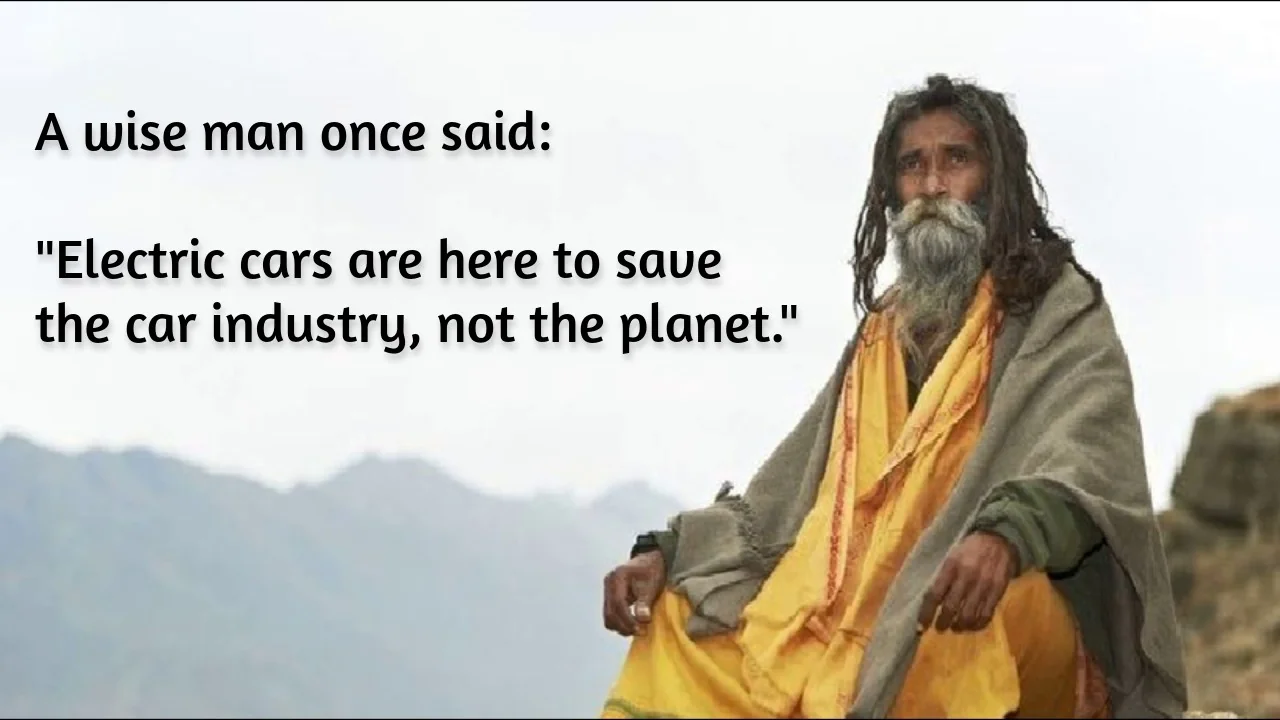Fuck Cars
A place to discuss problems of car centric infrastructure or how it hurts us all. Let's explore the bad world of Cars!
Rules
1. Be Civil
You may not agree on ideas, but please do not be needlessly rude or insulting to other people in this community.
2. No hate speech
Don't discriminate or disparage people on the basis of sex, gender, race, ethnicity, nationality, religion, or sexuality.
3. Don't harass people
Don't follow people you disagree with into multiple threads or into PMs to insult, disparage, or otherwise attack them. And certainly don't doxx any non-public figures.
4. Stay on topic
This community is about cars, their externalities in society, car-dependency, and solutions to these.
5. No reposts
Do not repost content that has already been posted in this community.
Moderator discretion will be used to judge reports with regard to the above rules.
Posting Guidelines
In the absence of a flair system on lemmy yet, let’s try to make it easier to scan through posts by type in here by using tags:
- [meta] for discussions/suggestions about this community itself
- [article] for news articles
- [blog] for any blog-style content
- [video] for video resources
- [academic] for academic studies and sources
- [discussion] for text post questions, rants, and/or discussions
- [meme] for memes
- [image] for any non-meme images
- [misc] for anything that doesn’t fall cleanly into any of the other categories
Recommended communities:
view the rest of the comments

I can fully understand your position. People in big and densely packed cities profit a lot from proper public transport and vice versa. Plus the city itself is layed out to function with public commute in mind, I've experienced it personally in New York. I'm from a rural area. Our public transport system can't fully replace cars. The main transit traffic is concentrated around rush hour in the morning and evening. To provide most people with public commute would require an immense increase in busses and train lines, only for 80% to be idle during low traffic hours.
There's often a visual comparison between how many people a full car and bus can carry. Obviously the bus wins. But you rarely see the comparision between the space needed for a single empty car or bus to be parked. Cars can park on the side of the road or have a parking lot on location (even underground). Busses need ports and infrastructure. Trains are an even bigger problem to store. Their ports can easily take up a good chunk of the entire city. That's why there's always a financial incentive to have too little busses or trains than too many. People can tolerate waiting, but can't tolerate higher prices to sustain a surplus on transport.
Also, public transport is often confined to local bubbles. Go outside your bubble and things start to get messy. When I was in High School, we had about ¼ of our class commute every day from one city over. They were either way to early or always late, because one cities train and bus plan wasn't tuned to the others, resulting in people either having to get up about 2 hours before school starts at 7 am to catch a train or run the risk of missing their bus connection to the school. It's even worse if you are crossing train districts and have to buy multiple tickets. When I was in college, some people came from another major city about 40km away. Their district covered half the state therefore their price was ~300€ per month and additionaly they had to pay 90€ per month for our smaller district. And both of those were the reduced prices for students. I could leave my car running idle for 20 days straight for that price.
EWs are important because cars are never going to be replaced by even the best public transport systems. But at least with could reduce the amount of cancer we get from sitting in traffic and breathing commute air. If I could choose, I'd rather have a power plant spit out steam and gas through state of the art filters somewhere in the outskirts, than to be surrounded by combusted gasoline resedue all day.